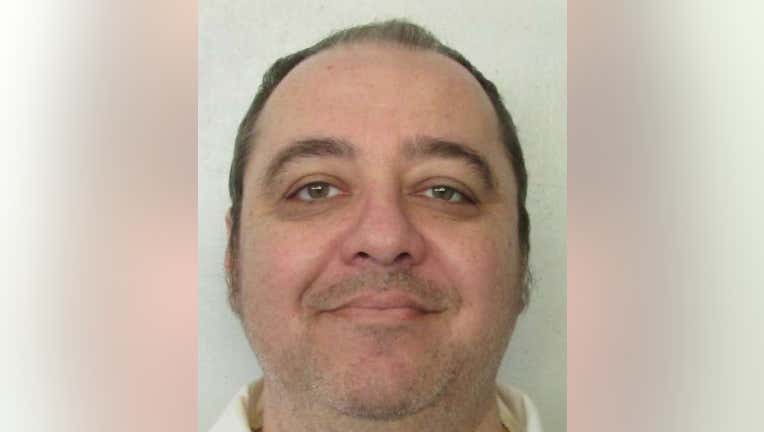Judge suggests change to nitrogen execution to let inmate pray and say final words without gas mask

Kenneth Eugene Smith (Alabama Department of Corrections)
MONTGOMERY, Ala. - A federal judge who is weighing whether to allow the nation’s first execution by nitrogen hypoxia to go forward next month, urged Alabama on Thursday to change procedures so the inmate can pray and say his final words before the gas mask is placed on his face.
U.S. District Judge R. Austin Huffaker made the suggestion in a court order setting a Dec. 29 deadline to submit information before he rules on the inmate’s request to block the execution. The judge made similar comments the day prior at the conclusion of a court hearing.
Alabama is scheduled to execute Kenneth Eugene Smith on Jan. 25 in what would be the nation’s first execution using nitrogen gas. Nitrogen hypoxia is authorized as an execution method in Alabama, Mississippi and Oklahoma but has never been used to put an inmate to death.
The proposed execution method would use a gas mask, placed over Smith’s nose and mouth, to replace breathable air with nitrogen, causing Smith to die from lack of oxygen.
Attorneys for Smith argued the new execution method is unconstitutional and also cited religious concerns. His attorneys said the mask, which Alabama intends to place over his face before execution witnesses arrive, would interfere with his ability to pray aloud and make a final statement before his execution.
"As stated during the hearing, the Court encourages the Defendants to consider altering the protocol to accommodate Plaintiff Smith’s stated desire to pray audibly and give his final statement without being masked and with witnesses present prior to his planned execution," Huffaker wrote.
The judge added that the parties should "not read anything into this request" about how he will ultimately rule on the injunction request.
An attorney for the state on Wednesday cited personnel and security concerns for placing the mask on Smith before execution witnesses enter the chamber. Under the state’s protocol, he said execution team members would strap Smith to the gurney, fit the mask and then leave to escort witnesses into the prison.
Smith was one of two men convicted in the 1988 murder-for-hire slaying of Elizabeth Sennett. The other man convicted in the killing was executed in 2010. Charles Sennett, the victim’s husband and a Church of Christ pastor, killed himself when the investigation began to focus on him as a possible suspect, according to court documents.

